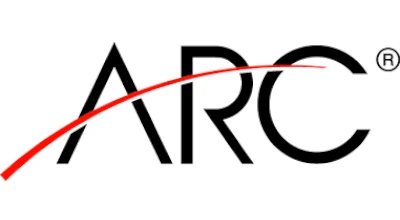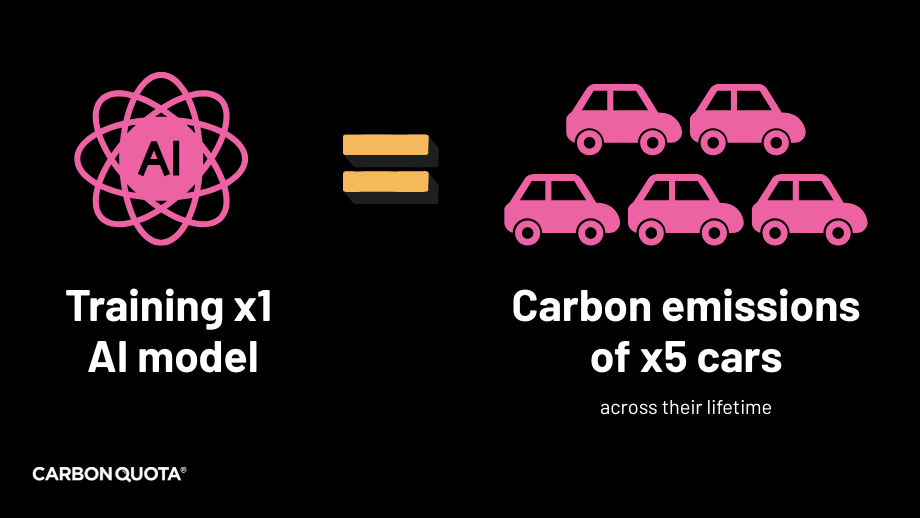Sustainability in the printing industry is no longer just about good intentions — it’s about measurable action, supply chain accountability, and commercial impact. From tightening legislation to rising customer expectations and internal strategic shifts, there are three main forces reshaping the landscape.
Regulation: What you must do
Environmental regulations are increasing — both in scope and complexity. Governments across the globe, especially in Europe, are setting stricter standards for carbon reporting, environmental claims, and waste.
Key developments to watch
Carbon reporting is becoming mandatory: The UK’s Streamlined Energy and Carbon Reporting (SECR) is already live. The EU’s Corporate Sustainability Reporting Directive (CSRD) will affect thousands of companies and their suppliers
Greenwashing is under scrutiny: Regulators are cracking down on vague or misleading environmental claims — and the penalties are rising
Carbon offsetting is being regulated: Future laws will require proof that claimed reductions are real, verified, and additional
What this means for you
- Reporting requirements are getting tougher
- Transparency is essential — and data needs to be accurate, auditable, and job-specific
Customers: What they really want
Sustainability is now a commercial expectation. Customers — especially large brands — are asking for carbon data at the product level, not just generic company claims.
They want:
- Breakdowns by job, material, and process
- Data that feeds into their own Scope 3 emissions
- Suppliers who share their net-zero goals
Example brand:

Walmart’s state they are working with suppliers through our Project Gigaton initiative to avoid a gigaton of greenhouse gas emissions from the global value chain by 2030.
Example supplier:
Arc-UK used CarbonQuota-powered reporting to win major contracts in 2024, by providing carbon footprint data at quote stage. It wasn’t just a ‘tick box’ — it was a commercial differentiator.
sus whichCustomers often have limited budgets but high sustainability targets. Many don’t yet have the tools to collect supply chain data — which means the burden falls on suppliers to deliver it clearly and consistently.
What this means for you: Offering accurate, quote-stage carbon data can give you a competitive edge — and help your customers meet their targets.
Why it’s good business
Beyond compliance and customer demand, many printers are embedding sustainability into their business strategy — not because they have to, but because it makes commercial sense.
That means:
- Switching to low-carbon materials and renewable energy
- Reducing waste and optimising processes
- Making sustainability a source of innovation — not just obligation
What this means for you: Companies with purpose-driven sustainability are attracting more customers, winning more work, and future-proofing their operations.
Tools that deliver ROI
Historically, carbon reporting was slow, manual, and complex. But integrated tools — like CarbonQuota — calculate emissions per job in under a second, directly from your MIS or ERP system. See who we are integrated with here.
This enables:
- Real-time carbon impact at quote stage
- Accurate Scope 3 reporting for customers
- Seamless integration with pricing data
In this scenario which company wins the business? Two printers compete for the same job. One sends a PDF with general sustainability claims? Or the the other that can provides real-time carbon impact, job-by-job?
The bottom line: Act now!
Whether driven by regulations, customers, or your own strategy — the direction of travel is clear. Sustainability is now a business requirement.
✔ Be compliant
✔ Be transparent
✔ Be proactive
The businesses that act now — and bake sustainability into every part of their operations — will be the ones that lead tomorrow.
Have questions or need some help? We’d love to hear from you. To book a no-obligation consultation with our expert team get in touch below.




